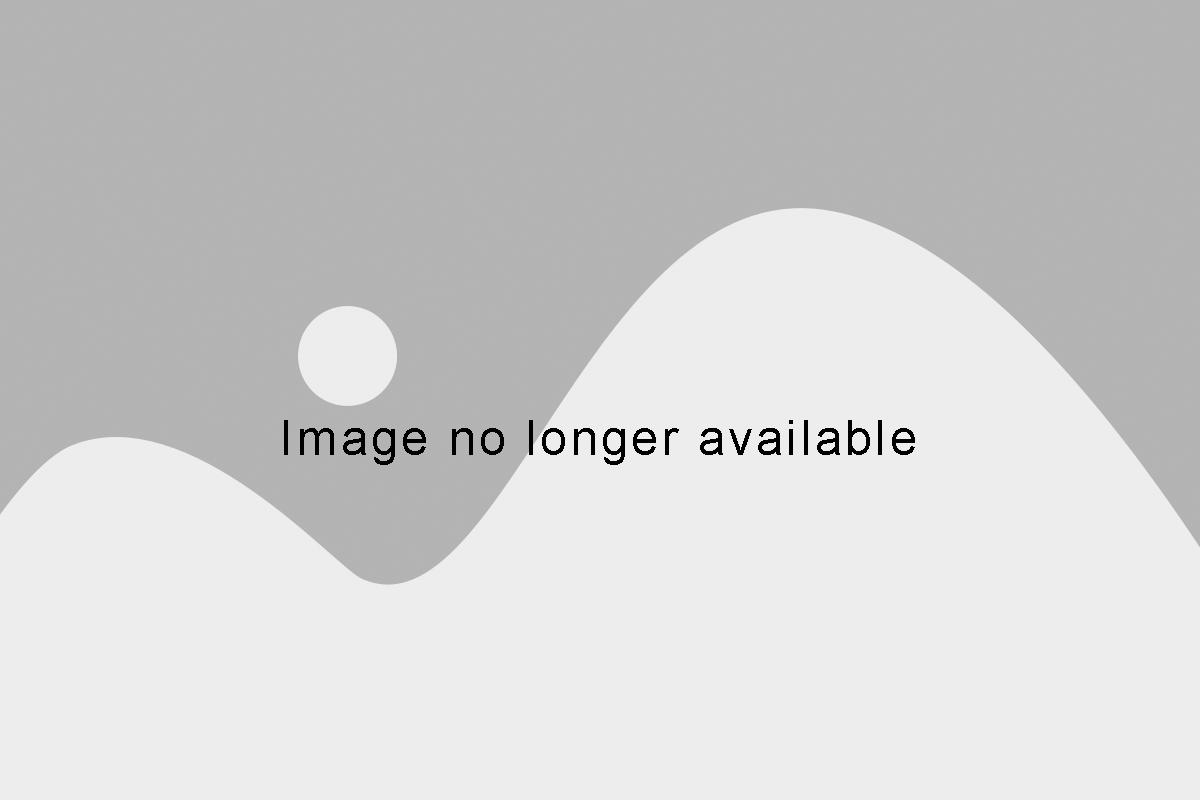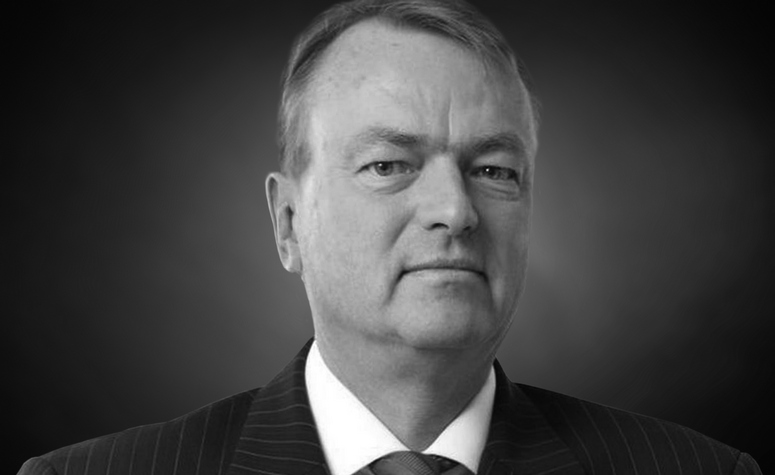By Martin Sabelko
Traditionally, German investors’ appetite for Austrian real estate has generally been explained by low market entry hurdles, including a shared language and strong similarities between the two nations’ legal codes. But while these reasons have lost none of their relevance, they alone do not explain the tremendous current foreign interest in commercial real estate in Austria, which has now extended well beyond just German investors.
In 2017, German investors accounted for a 44 percent share of investment volume in Austrian real estate, making them by far the biggest player in the market. Domestic investors were responsible for another 36 percent, with the rest claimed by additional cross-border capital.
Overall, investment volume in the Austrian market grew by roughly €1.9 billion, rising to a total of €5.57 billion. This represents a new high-water mark. Never before has so much capital been spent on Austria’s commercial real estate market within a single year.
Europe’s most dynamic market
With this increase of over 52 percent, Austria outperformed all other European commercial real estate markets in 2017. The biggest share of capital inflow was once again concentrated on Vienna, which attracted 80 percent of realised investments. The capital, which is benefitting from population growth, therefore easily retained its position as the most important commercial property market in Austria across the office, retail and hospitality sectors.
Two key arguments make a strong case for Austria’s real estate credentials: the country’s high degree of political and economic stability, and its sustained economic growth. Within this environment, a lively demand for lettable area among companies active in Austria is generally matched by a comparatively modest supply. Barely any new buildings have been developed speculatively, and virtually no excess supply has formed anywhere in recent years. As a result, investors committing themselves to Austria’s commercial property market find a high level of value retention combined with attractive growth prospects.
At present, there are no signs that the stable economic growth Austria has enjoyed since recovering from the GFC is about to slow down. Following a remarkably brisk 3.1 percent hike in Austria’s GDP last year, it is highly likely that the growth rate will stay well above 2 percent in 2018. Economists expect the unemployment rate to keep declining and to drop below 5 percent before 2020.
Although these parameters alone would suffice to create an attractive environment for investments, the upbeat assessment is complemented by persistently low interest rate levels. It is therefore reason-able to assume that the enthusiasm that domestic and foreign investors have shown for Austrian commercial real estate will probably remain high even after the record-volume investments of 2017.
Hardening yields and dwindling vacancies
As a result of lively investor-side demand, initial yields for prime assets continued to harden during the course of 2017.
Prime yields for office properties let on long-term leases in Vienna’s CBD dropped to 3.9 per-cent, undercutting the all-time low of 2016 by 10 basis points. The prime yields on Vienna’s high streets declined from 3.4 percent in mid-2016 to around 3.25 percent. In the shopping centre sector, CBRE has noted that prime yields had declined by another 5 basis points, down to 4 percent in 2017.
The robust demand for space ensured that vacancy rates continued to drop in 2017. In the office market in Vienna, only around 5.1 percent of the available floor area is vacant. By far the lowest vacancy rate CBRE registered anywhere in Vienna’s office market was in the CBD submarket. Here, a mere 2.3 percent of the office accommodation is vacant at the moment. Underlying reasons include the relatively low completions figure, on the one hand, and the fact that new offices coming on stream tend to be largely let on forward commitments.
Retail space sought by international brands
The retail market is paced by the persistently strong interest that international retail brands have shown in Austrian floor space. The interest is reflected primarily in the fact that the number of players seeking to enter the market remains high. This is nowhere more apparent than in Vienna. Fashion multiples like the H&M spin-offs Monki and Weekday, for instance, are opening new outlets in high-street pitches characterised by high footfall. In a parallel development, gastronomy is gaining in significance because it functions as a major footfall driver for retailers in surrounding downtown locations and shopping centres.
The growing competition posed by online retailing and the tight planning law restrictions have ensured that the number of new shopping centre developments remains limited. Existing shopping centres therefore benefit from low competition. Easily accessible local convenience centres and properties in strongly frequented high streets like Mariahilfer Strasse in Vienna also offer particularly sound opportunities for long-term income security. Added to this, Austria’s population has a high level of spending power.
Vienna’s booming hospitality market
Vienna’s hospitality market benefits from two main factors. Firstly, the city’s appeal and high liveability make it a very popular location for hosting academic conventions and international conferences. In the latest Quality of Living ranking compiled by Mercer, Vienna took the top spot for the ninth consecutive time. Secondly, the city has historically been consid-ered a diplomatic hub. Not only is it Austria’s seat of government, but it is also home to several inter-national organisations, such as the Organisation for Security and Co-operation in Europe (OSCE), the Organisation of the Petroleum Exporting Countries (OPEC), and the Vienna International Centre (VIC). Accordingly, the ranks of visiting tourists are swelled by countless diplomats and conference attendees flocking to the city on business.
All things considered, the hotel transactions signed in Vienna in 2017 added up to €518 million according to Christie & Co. This fell short of the pre-vious year’s record total of €630 million, but it would be premature to speak of slackening investor inter-est — the figure still exceeded the 10-year average by almost 30 percent.
Demand expected to remain lively
Given all these positive parameters, the outlook for Austrian property markets remains bright.
Interest among foreign investors will keep growing and the competition among prospective buyers for the relatively low number of assets on the market will intensify as a result. Forward purchases are thus very likely to play a significant role in the coming months and years.
Sign up for our ACROSS Newsletter. Subscribe to ACROSS Magazine.














